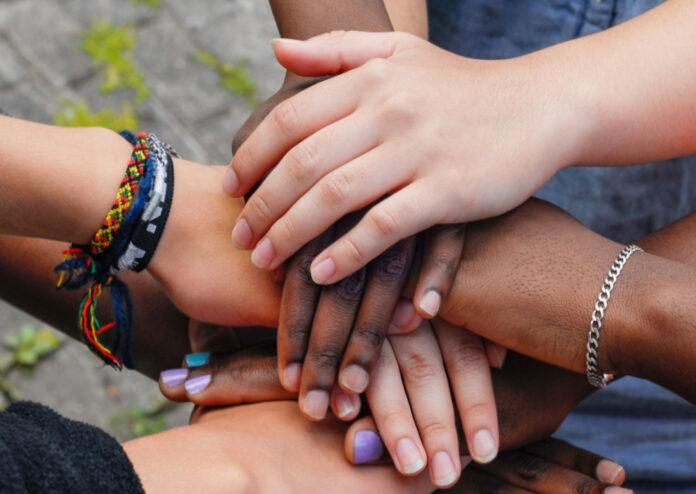The American healthcare system is riddled with inequities and implicit biases that prevent Black people from receiving care as they should. History can offer many examples of unethical treatment of Black people, most notably the Tuskegee Syphilis Experiment.
These experiences—combined with socioeconomic status, lack of access, and cultural differences—often bar Black individuals from navigating the healthcare system like their non-Black counterparts.
This disparity is a particularly serious problem as it relates to prostate cancer, a disease that overwhelmingly affects Black men and their families. Black men are almost twice as likely to get prostate cancer and they die at a rate 2.2 times higher compared with white men.
The scarcity of Black urologists and oncologists is another barrier Black men may face in accessing the best care. Many people feel more comfortable with healthcare providers who they relate to personally, and Black men are much more likely to agree to preventive measures when seeing a Black male doctor.
Cultural Barriers to Confronting Prostate Cancer
While efforts to address healthcare disparities are apparent, there are also cultural barriers that affect Black men’s ability to receive equitable care.
Health is an inherently vulnerable, private topic and discussing symptoms may be viewed as “weak.” This contrasts with what researchers refer to as “stoicism” among Black men when it comes to their care, as a possible explanation of why Black men are disconnected from the healthcare system and are reluctant to participate in health-related activities.
Though the matter of sexual health can be an important concern with prostate cancer, men are often hesitant to ask questions of healthcare professionals, friends, or family. These taboos make conversations about prostate health and its effects especially challenging for Black men.
Centering the Needs of Black Male Patients
The medical community must seek out Black men at a time and place where they are comfortable and address them directly about prostate cancer with health awareness programs, recruitment into clinical trials, and other information.
Healthcare providers can contribute to better care for prostate cancer by taking the time to connect with their patients, getting to know them personally, and establishing trust. Making a meaningful connection and using plain layman’s terms can be a driver for better health outcomes in prostate cancer for Black men.
The Importance of Building Community
Community is essential to the effort to close the disparity in prostate cancer and care.
Barbershops have long served as a cultural hub in Black communities where Black men can freely discuss a wide range of topics, including health. In recent years, these spaces have stepped to the forefront as a trusted avenue of health information. Churches, Historically Black Colleges and Universities (HBCUs), and fraternities such as Kappa Alpha Psi can also serve as safe spaces where Black men support each other, check in with one another about health concerns, and encourage each other to see a doctor.
Surrounded by an authentic community, Black men can connect and have real conversations about prostate cancer, ultimately seeking care from a healthcare provider. In the work to improve Black men’s health, community, and brotherhood are powerful tools of advocacy.
This article is brought to you by Janssen.






